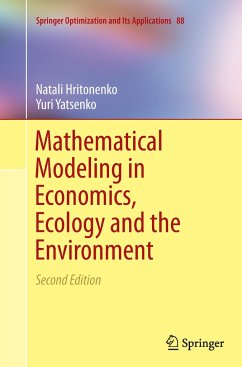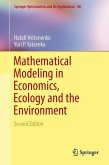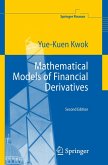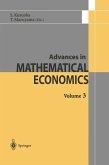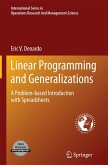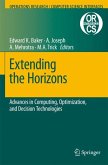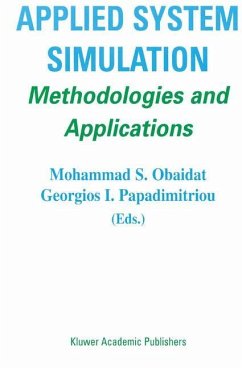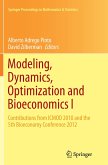Updated to textbook form by popular demand, this second edition discusses diverse mathematical models used in economics, ecology, and the environmental sciences with emphasis on control and optimization. It is intended for graduate and upper-undergraduate course use, however, applied mathematicians, industry practitioners, and a vast number of interdisciplinary academics will find the presentation highly useful.
Core topics of this text are:
· Economic growth and technological development
· Population dynamics and human impact on the environment
· Resource extraction and scarcity
· Air and water contamination
· Rational management of the economy and environment
· Climate change and global dynamics
The step-by-step approach taken is problem-based and easy to follow. The authors aptly demonstrate that the same models may be used to describe different economic and environmental processes and that similar investigation techniques are applicable to analyze variousmodels. Instructors will appreciate the substantial flexibility that this text allows while designing their own syllabus. Chapters are essentially self-contained and may be covered in full, in part, and in any order.
Appropriate one- and two-semester courses include, but are not limited to, Applied Mathematical Modeling, Mathematical Methods in Economics and Environment, Models of Biological Systems, Applied Optimization Models, and Environmental Models. Prerequisites for the courses are Calculus and, preferably, Differential Equations.
Core topics of this text are:
· Economic growth and technological development
· Population dynamics and human impact on the environment
· Resource extraction and scarcity
· Air and water contamination
· Rational management of the economy and environment
· Climate change and global dynamics
The step-by-step approach taken is problem-based and easy to follow. The authors aptly demonstrate that the same models may be used to describe different economic and environmental processes and that similar investigation techniques are applicable to analyze variousmodels. Instructors will appreciate the substantial flexibility that this text allows while designing their own syllabus. Chapters are essentially self-contained and may be covered in full, in part, and in any order.
Appropriate one- and two-semester courses include, but are not limited to, Applied Mathematical Modeling, Mathematical Methods in Economics and Environment, Models of Biological Systems, Applied Optimization Models, and Environmental Models. Prerequisites for the courses are Calculus and, preferably, Differential Equations.
From the book reviews:
"This book contains a wealth of information on many of the models used in describing economic and environmental changes. ... this is a very well written and very thorough introduction to mathematical modeling in economics and the environment. It is a valuable 'first source' on basic modeling that is accessible to a graduate student level or professional audience." (Mary Flagg, MAA Reviews, October, 2014)
"This book contains a wealth of information on many of the models used in describing economic and environmental changes. ... this is a very well written and very thorough introduction to mathematical modeling in economics and the environment. It is a valuable 'first source' on basic modeling that is accessible to a graduate student level or professional audience." (Mary Flagg, MAA Reviews, October, 2014)

